What Is a Regulation Size Basketball? The Correct Answer Is Here!
What is a regulation size basketball? There is no fixed size for a basketball.
Instead, basketball’s official size is determined by official leagues. In addition, their size can also be changed to suit the age of the player.
So if you’re interested in basketball’s regulation size of some official leagues or want to choose a size that’s right for you or your child, let’s scroll down to explore with Scott Fujita!
Contents
What Is a Regulation Size Basketball?
Regulations of basketball size may differ depending on official leagues.
Regulation size of basketball may vary depending on official leagues. Here are some of the NBA’s basketball regulation size rules for certain leagues:
FIBA (International Basketball Federation)
The size rule of basketball for FIBA is extremely strict. It must be size 7, and it must have the presence of the serial number and the name of the manufacturer.
The circumference of the balls is 30.7 inches, while the weight ranges from 567 to 650 gm. When these balls drop from 70.8 inches, they might bounce to a height of 51.2 inches or even more.
These FIBA-approved basketballs must pass various stringent tests (For instance, valve and heat tests).
Juniors and Youngsters
For the juniors, the recommended circumference of basketballs is 27.75 inches (size 5), while their weight is approximately 18 oz.
For children younger than 7, choosing balls with a circumference of 22 inches and a weight of around 8 oz is recommended.
National Basketball League
Spalding produces NBA basketballs. Their official size for men’s tournaments must be 29.5 inches in circumference.
With 22 oz weight, these balls might be inflated with pressure from 7.5 to 8.5 psi. They are size seven and are made from orange leather with black lettering.
For the women, the basketball size is a bit different. These balls are still produced mainly by Spalding but are smaller (size 6). Their circumference will range from 28.5 to 29 inches, weighing 18 to 20 oz.
NCAA (National Collegiate Athletic Association)– Men
The requirements for basketball size are not as stringent as the NBA or FIBA.
Size 7 balls are the standard for the men’s tournament. Their circumference ranges from 29.5 to 30 inches, and they weigh from 20 to 22 oz.
These balls can be inflated to a maximum pressure of 9 psi and are made up of alternating white and orange leather patterns.
NCAA – Women
For women’s matches, the NCAA states that basketballs are of size 6. They have a circumference ranging from 28.5 to 29 inches and weigh between 18 and 20 oz.
When they drop from 6 feet, their bounce height could be between 51 and 56 inches.
A Detailed List of Various Official Basketball Sizes
It is essential to choose the right basketball size.
If you have spent a little time watching youth practices, games, or games, you will see that most young players utilize the wrong size basketball.
Using the wrong size might lead to bad shooting habits (or incorrect technique).
So it is essential to choose the right basketball size based on the following table:
| Size | Weight | Circumference | Suggested For |
| Nerf Toy | From 1 to 5 oz | From 9 to 20 inches |
|
| Size 1 | 8 oz | 16 inches |
|
| Size 3 | 10 oz | 22 inches |
|
| Size 4 | 14 oz | 25.5 inches |
|
| Size 5 | 17 oz | 27.5 inches |
|
| Size 6 | 20 oz | 28.5 inches |
|
| Size 7 | 22 oz | 29.5 inches |
|
Indoor vs. Outdoor Basketballs
Basketballs used indoors and outdoors might vary in their materials.
Basketballs used outdoors and indoors might vary in their materials. An indoor basketball is made of full-grain leather, while an outdoor one is made from rubber.
Although indoor basketballs may feel smooth when touching, they will become somewhat broken in and easier to grip after a few uses, like baseball mitts.
You should not use leather basketballs as the concrete surface of an outdoor court may cause the leather to wear and roughen, eventually ruining your ball’s grip.
Some indoor basketballs are made from synthetic or composite leather. As for the pros, they won’t be broken in like regular leather balls. But their quality is inferior.
Outdoor basketballs, also known as “street” balls, feature a rubber surface, allowing them to absorb the rougher surface of a concrete court without losing the ball’s grip.
Rubber balls are also good options for beginners as it is the most straightforward basketball to control.
FAQS
What Are Materials Used To Make Basketball?
Used materials may vary depending on whether your basketball is indoor or outdoor. An outdoor one is made from rubber, while an indoor basketball is made of full-grain leather.
What Are the Pros of Rubber Basketballs and Composite Basketballs?
Rubber Basketballs
- Inexpensive.
- Excellent grip, even in dirt/rain.
- Durable enough for any outdoor use.
- Available in various patterns and colors.
- Ideal for casual play and street basketball.
Composite Basketballs
- Most popular basketball type.
- Appropriate for outdoor/indoor use.
- More durable than leather basketballs.
Why Is Using the Proper Basketball Size Important?
It is essential to buy the correct size basketball so that you or your child can develop good shooting habits. The wrong size can lead to poor shooting mechanics, which might be difficult to correct as you (or your kids) get older.
Who Are 28.5 Inches Basketballs For?
These basketballs work well for boys ages 12 to14 and girls ages 12+. They are also called “size 6” or “intermediate” balls.
Leagues for women, including the college and high school, or WNBA, use these basketballs. Middle school boys (ages 12 to 14) and girls in 12+ leagues also use them.
Who Are 25.5 Inches Basketballs For?
25.5″ Basketballs are ideal for boys and girls ages five to eight. They are also referred to as “size 4” or “rookie” basketballs.
What Is Regulation Size Basketball Hoop?
The top of the hoop is 305 cm (or 10 feet) above the ground. All basketball hoops (rims) are 46 cm (18 inches) in diameter.
Conclusion
Hopefully, by the end of this post, you have received the answer to “What is the regulation size basketball?”
Getting the right basketball size is essential for you or your child to develop good shooting habits. If you get the wrong size, you can end up with poor shooting mechanics, which can be difficult to correct later.
Thanks for your time!

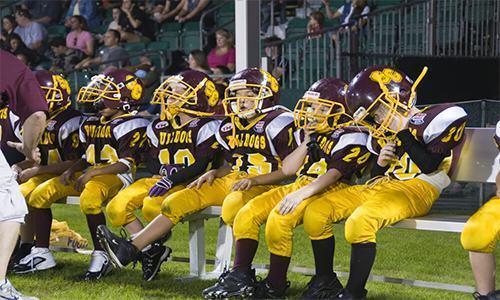

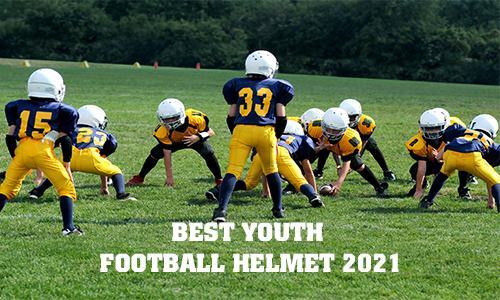

![[Top Rated] 10 best football gloves with best grip 2025 5 best football gloves 2021](https://www.scottfujita.com/wp-content/uploads/2021/03/best-football-gloves-2021.jpg)
![[Lastest Update] Top 10 Best Soccer Cleats For Kids 2025 6 Best soccer cleats for kids scott fujita](https://www.scottfujita.com/wp-content/uploads/2021/03/Best-soccer-cleats-for-kids-scott-fujita.jpg)

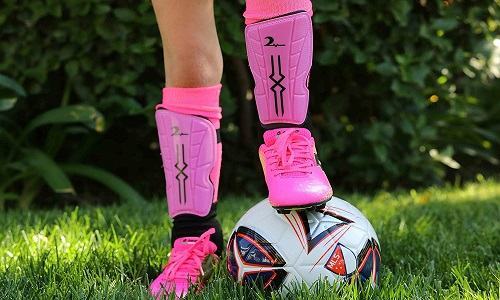

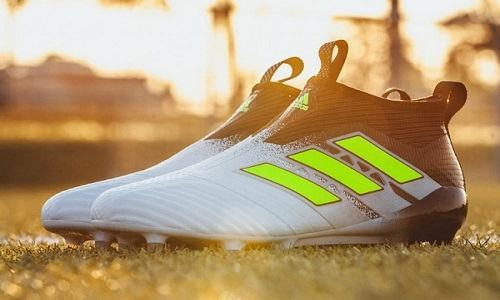
![[Top-Rated] The Best Basketball Shoes For Ankle Support 2025 11 best basketball shoes for ankle support scottfujita](https://www.scottfujita.com/wp-content/uploads/2021/07/best-basketball-shoes-for-ankle-support-scottfujita.jpg)
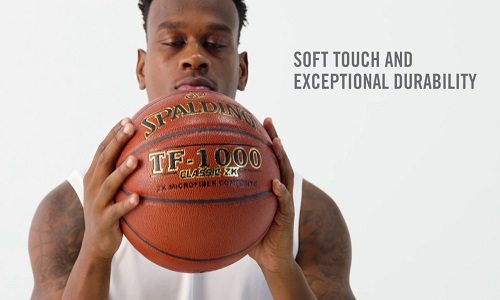
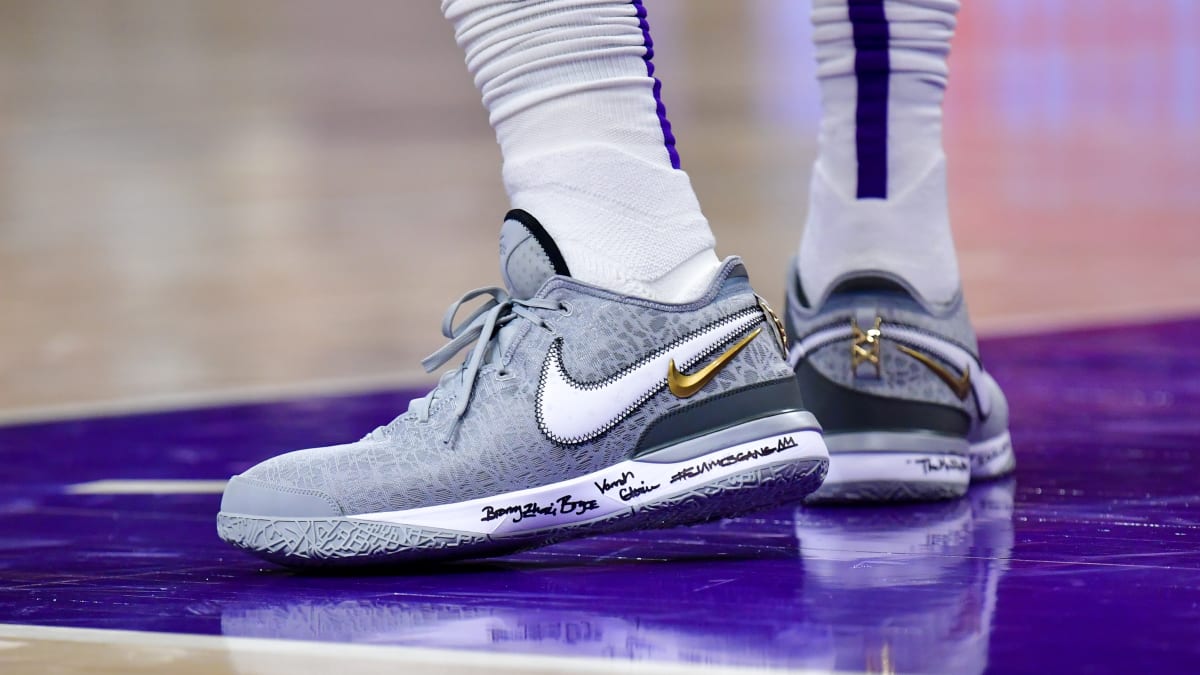


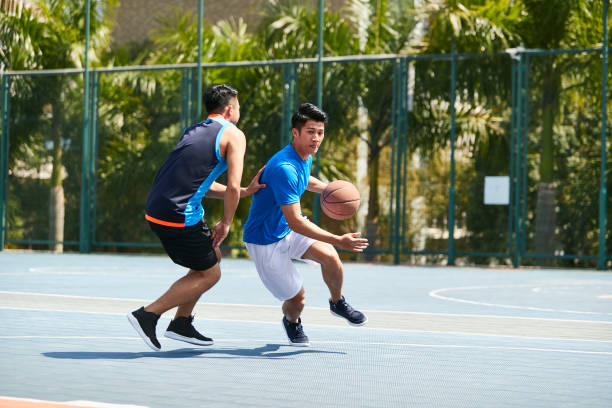

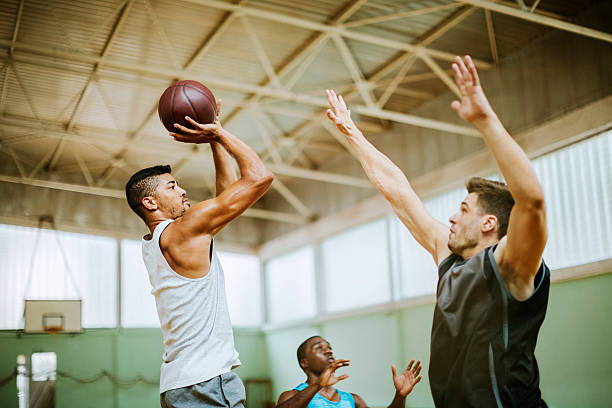
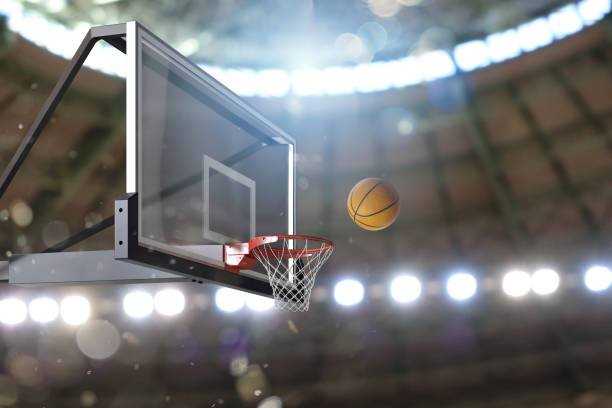


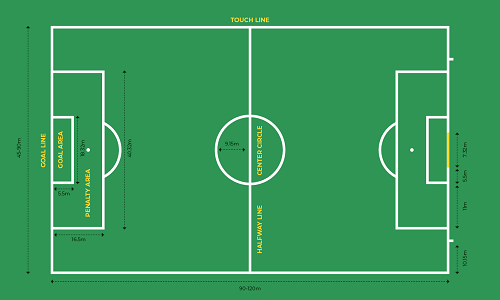

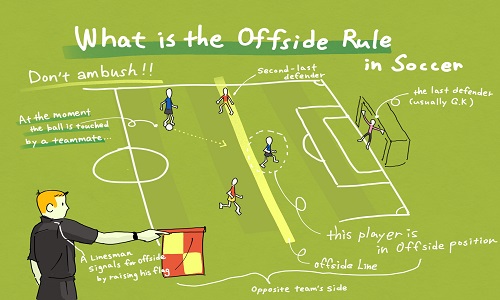
![What Are The 5 Positions In Basketball? [And Their Roles] 32 what are the 5 positions in basketball scottfujita](https://www.scottfujita.com/wp-content/uploads/2021/10/what-are-the-5-positions-in-basketball-scottfujita.jpg)


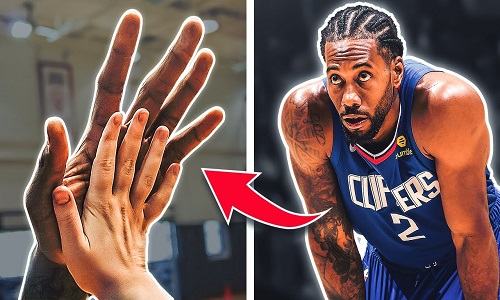



![Top 10 Best NBA Centers Of All Time [2024 Updated] 39 best nba centers of all time scottfujita](https://www.scottfujita.com/wp-content/uploads/2021/12/best-nba-centers-of-all-time-scottfujita.jpg)
![The Best Football Mouthguard 2024 [Reviewed & Compared] 40 best football mouthguard scottfujita](https://www.scottfujita.com/wp-content/uploads/2021/10/best-football-mouthguard-scottfujita.jpg)